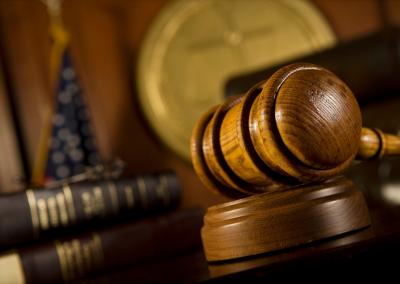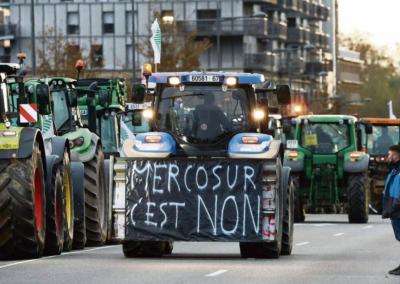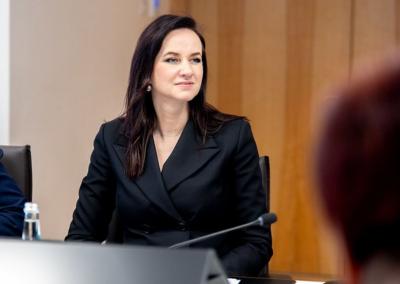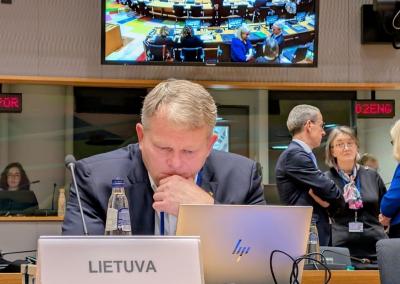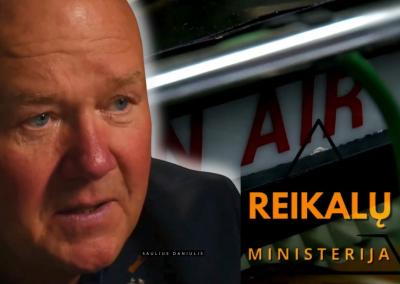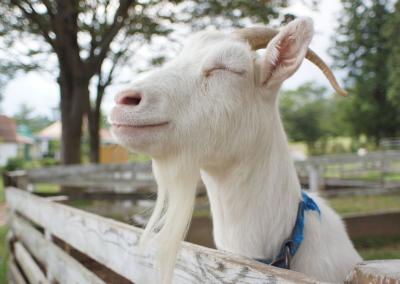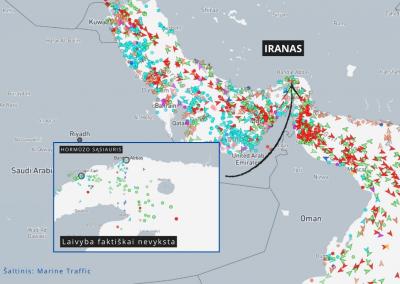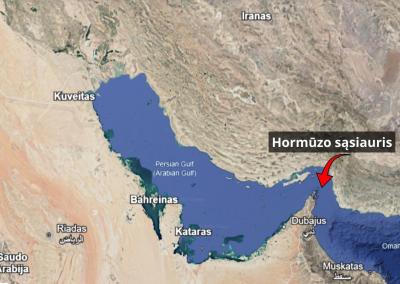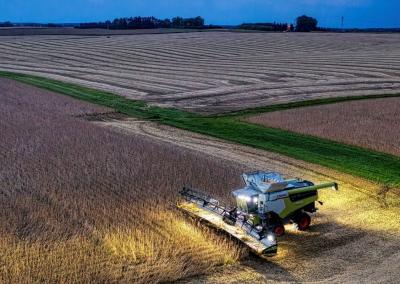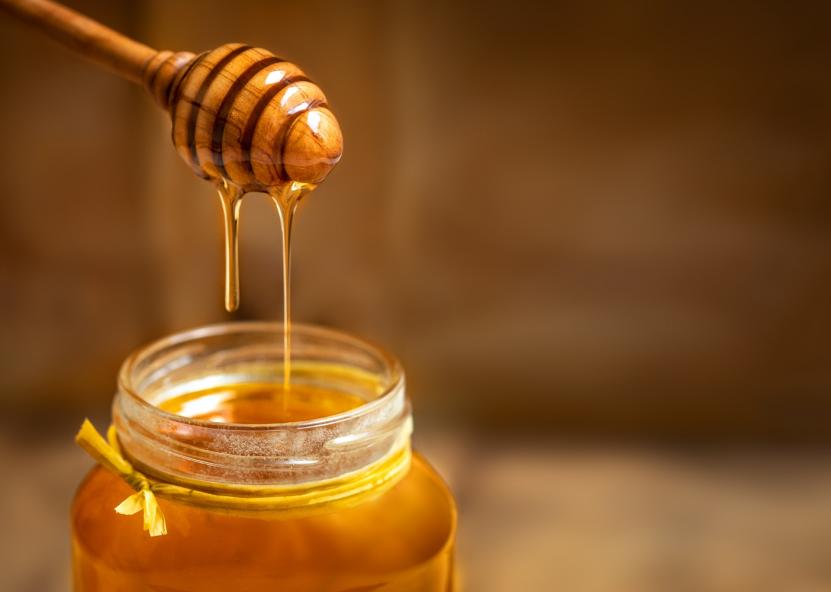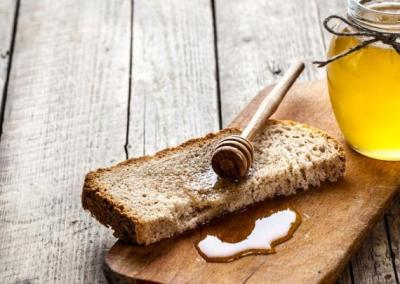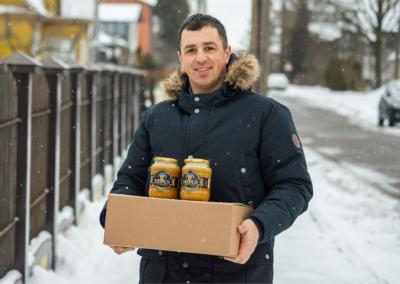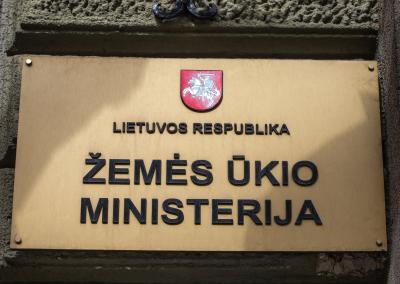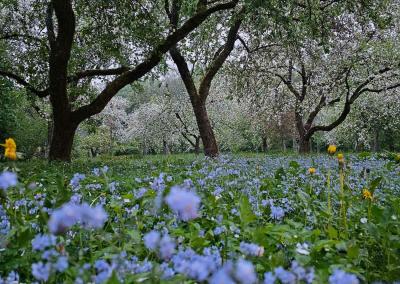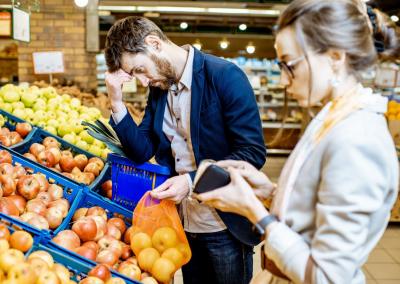Labelling and traceability of stricter honey
The Parliamentary Committee on Rural Affairs urges the Ministry of Agriculture not to wait until 14 December 2025 and to quickly draft amendments to transpose the European Union (EU) Honey Directive into Lithuanian law. This would lead to changes and stricter labelling of honey and traceability of origin.
Kęstutis Mažeika, chairman of the committee, told BNS that the transposition of the directive would give more optimism and protect not only beekeepers but also consumers, who are offered a lot of imported low-quality or falsified honey.
The country's beekeeping industry is going through a difficult time, he said: "The price of honey has fallen and the cost of honey has risen."
Liberal Viktoras Pranckietis believes that the transposition of the directive should not be a one-to-one affair.
„When transposing the Directive, we should still agree on which Lithuanian rules we should additionally transpose“, Viktor Pranckietis said recently at a committee meeting.
Committee member Bronis Ropė insisted that his work in the European Parliament had contributed to the drafting of the directive – he said that the issues of quality and labelling of honey had been „well resolved “.
„One of the priorities should be to speed up the transposition of the directive so that it brings benefits to the Lithuanian (bee) sector, not just expectations“, he told the committee.
Lithuanian Beekeepers' Union board member Algirdas Žiukas is convinced that the provisions of the Directive will limit the entry of fake honey into the EU. Most of this honey comes from China and is so expertly adulterated that it is sometimes impossible to detect it, he said.
„This is a very topical issue. The Directive will go some way to limiting the entry (of fake honey into the EU – BNS). When people see on the label where it comes from, it will have some influence on their decision whether to buy it or not," a beekeeper told the committee.
K. Mažeika told BNS that the ministry is committed to submit some of the amendments in the first quarter of this year: „And in the spring session we would go to the Seimas with the drafts.“
Saul Jasius, Director of the Ministry's Department for Sustainable Agricultural Production and Food Industry, said that the transposition of the Directive's provisions has already started: „We have all the necessary legislation in place to transpose the Directive. We are absolutely on the finishing line.“
The ministry told BNS that a draft ministerial decree on the amendment of the technical regulation on honey has already been prepared and is being coordinated with social partners. Once an agreement is reached, the minister will sign the document.
The regulation proposes to change the requirements for country-of-origin labelling of honey: the label will have to indicate the countries of origin in descending order, with the percentage of each country. For packages of less than 30 g of honey, the country of origin will be indicated using a two-letter code.
The term „filtered honey“ is also abolished and its properties are classified as confectionery honey.
The entire Breakfast Directive, of which honey is a part, will enter into force on 14 June 2026, and EU countries must transpose it into national law by 14 December 2025.




